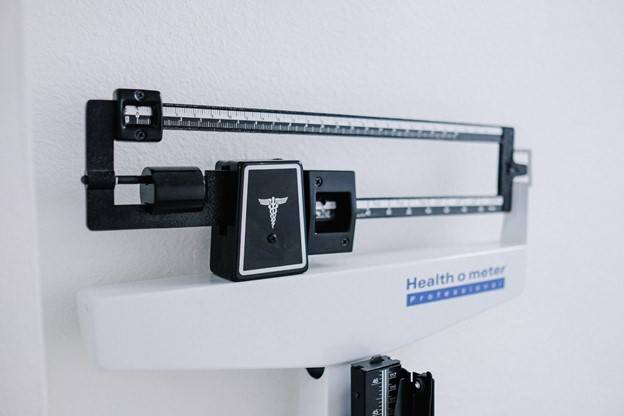
March 2022. This article is independently written by Shelby Golding. All opinions given are hers. Shelby has been certified as a personal trainer and nutritional specialist since 2007. In 2008, she found her passion for writing about these topics and hasn't looked back.

A common mistake made by people who are new to weight loss is not eating enough calories. They believe the more calories they burn and the fewer they eat, the more weight they lose. However, your body needs calories.
While it's true that eating fewer calories will help you lose weight, your body still requires a minimum number of calories to function. This is because the body derives all of its energy from our food. In fact, our brains use more than 300 a day just to think.
The signs you’re not eating enough calories take many forms. Keep reading to learn how depriving your body of the proper fuel can affect your health.
5 Signs You’re Not Eating Enough
1. Constant Hunger
2. No Energy
Without these calories, your body goes into survival mode. Your metabolism will slow down, forcing your body to burn fewer calories. As a result, you will feel fatigued even with a short walk or a relatively easy exercise routine.
To avoid this, make sure you eat the minimum number of calories to maintain healthy energy levels. Losing weight doesn't mean anything if you are too tired to get out and do the activities you love!
3. Insomnia
Both too much food and too little can cause disruptions to your sleep. Studies show that starvation-level calorie restriction disrupts sleep cycles and interrupts slow-wave sleep. The interruptions to your sleep might be from waking up hungry in the middle of the night or having trouble falling asleep because of hunger.
Most people do not know enough about the body to manipulate the delicate balance of calories in and calories out without causing reciprocal issues. If you are on a calorie-restrictive diet and experiencing new disruptions to your sleep schedule, this may be a sign you're not eating enough.
4. Cold Intolerance

Although a low body temperature isn't necessarily bad for you, it generally means that your metabolism is slowing down. Our metabolism is responsible for turning food into energy. For example, some studies show that a low core temperature results in 130 fewer calories burnt in a day.
Aside from the implications for your waistline, feeling cold all the time is uncomfortable, especially for those who live in colder climates. If you’ve recently been feeling the cold more than normal, you may need to increase your caloric intake.
5. Infertility
The reproductive system is one of the body's oldest and most instinctual systems. The pituitary gland and hypothalamus work together to regulate the sex hormones estrogen and testosterone.
Reproduction requires a certain amount of free available energy to be successful. Therefore, restricting calories lowers the levels of sex hormones and prevents pregnancy.
One of the first signs of your infertility due to calorie restriction is hypothalamic amenorrhea, which occurs when you miss your period for three months or more. If you are trying to get pregnant, make sure to eat a well-balanced diet and adequate calorie intake for balanced hormones and improved fertility.
Conscious Eating
Don’t punish your body for doing what it needs to survive. Instead, interpret its signals, and you are well on your way to consuming the right number of calories for you.
And support your body using the Kailo Pain Patch any time you’re dealing with aches and pains. Kailo is designed to relieve pain in seconds and a recent study showed a majority of patients stop medication when using Kailo for pain relief.
Disclaimer: Kailo should not be used if you have a pacemaker or if you are pregnant. Always consult your doctor or health care professional before using Kailo.






